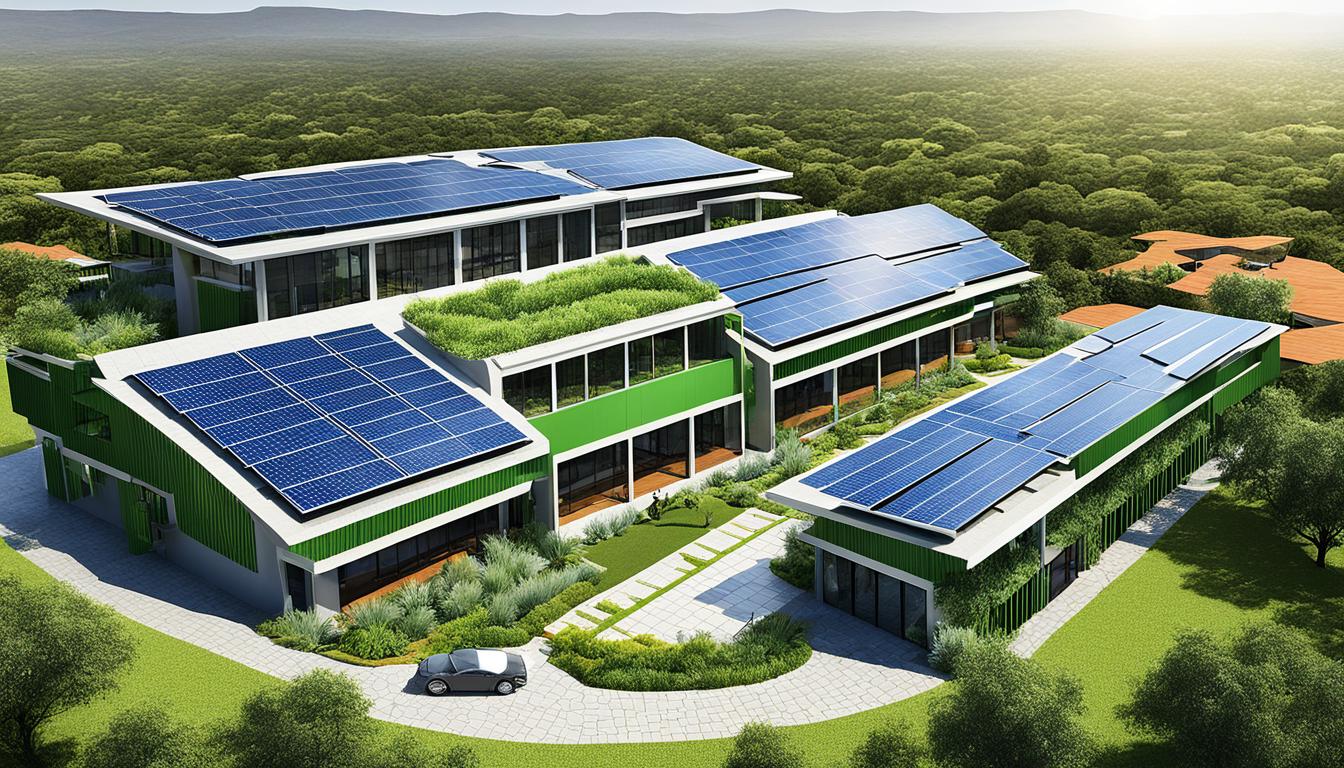Homeowners and real estate developers often grapple with maintaining ideal indoor humidity levels. It’s here that humidity sensors become a vital tool, providing a solution to monitor and regulate moisture effectively. But how does a humidity sensor work to assist in these efforts?

What is a Humidity Sensor?
A humidity sensor, also known as a hygrometer, is an electronic device that measures the moisture content in the environment. It uses different methods to determine humidity levels, translating these into usable data for climate control systems and personal references.
The Big Question: How Does a Humidity Sensor Work?
The operation of a humidity sensor is based on changes in physical and electrical properties of materials with increased moisture levels. These changes are meticulously captured and calibrated, enabling an accurate readout.
Types of Humidity Sensors
Understanding the mechanics of different types of humidity sensors is crucial. They include:
Capacitive Humidity Sensors
Capacitive sensors determine humidity by measuring the capacitance of a thin-film polymer or metal oxide layer. These sensors are favored in HVAC systems due to their accuracy and longevity.
Resistive Humidity Sensors
Resistive sensors work by measuring electrical resistance inversely proportional to humidity levels. These are typically inexpensive and used in home appliances where precision is less critical.
Thermal Conductivity Humidity Sensors
By measuring the loss of thermal conductivity, these sensors gauge the amount of water vapor in the air, useful in industrial applications.
Approved Benefits of Using Humidity Sensors
Incorporating humidity sensors provides numerous benefits, such as improving indoor air quality, preventing mold growth, and optimizing energy consumption. Learn more about A/C Systems that help in humidity removal.
Delighted to Share: Maintaining Comfort
With the accurate data provided by humidity sensors, homeowners can maintain comfortable living conditions. Sensors help in keeping humidity levels in check, ensuring neither excessive dryness nor dampness. Explore more on ideal bedroom humidity.
Protection Against Mold and Mildew
By constantly monitoring humidity, these sensors offer protection against mold, a common concern for many homeowners. This enhances the livability and safety of the environment.
Technology Implementation in Humidity Sensors
Integration with Smart Home Devices
Modern humidity sensor technology is designed to integrate seamlessly with smart home devices, providing real-time data and allowing automated climate adjustments.
Further explore ways to reduce humidity efficiently.
Cost Efficiency and Energy Savings
Controlling humidity can contribute to significant energy savings. By optimizing heating and cooling systems, humidity sensors reduce energy consumption, leading to cost efficiency.
Challenges Facing Humidity Sensor Usability
Calibration and Maintenance
Although highly efficient, regular calibration is necessary for maintaining sensor accuracy. This ensures that the readouts remain precise, offering reliable data for decision-making.
Durability Concerns
While most sensors are built to endure, extreme environmental conditions might affect their longevity. Ensuring proper installation can mitigate such challenges.

Frequently Asked Questions
What Is the Purpose of a Humidity Sensor?
A humidity sensor is designed to measure the amount of water vapor in the air. This helps property owners manage comfort, prevent damage, and reduce mold risks effectively.
Can Humidity Sensors Benefit Homeowners?
Absolutely! They offer major benefits in energy consumption, lower maintenance costs, and increased home comfort. This is why many experts recommend their incorporation in modern homes.
How Are Humidity Sensors Integrated with HVAC Systems?
Humidity sensors can work with HVAC systems to monitor and adjust air moisture levels automatically, ensuring optimal energy use and improved air quality.
Explore more about construction projects and their water conservation strategies.
In conclusion, humidity sensors are a tremendous asset in modern home management, offering significant environmental and economic benefits. Embracing this technology ensures long-term comfort and cost savings, making it a compelling choice for homeowners and industry professionals alike.
As an Amazon Associate, I earn from qualifying purchases.


